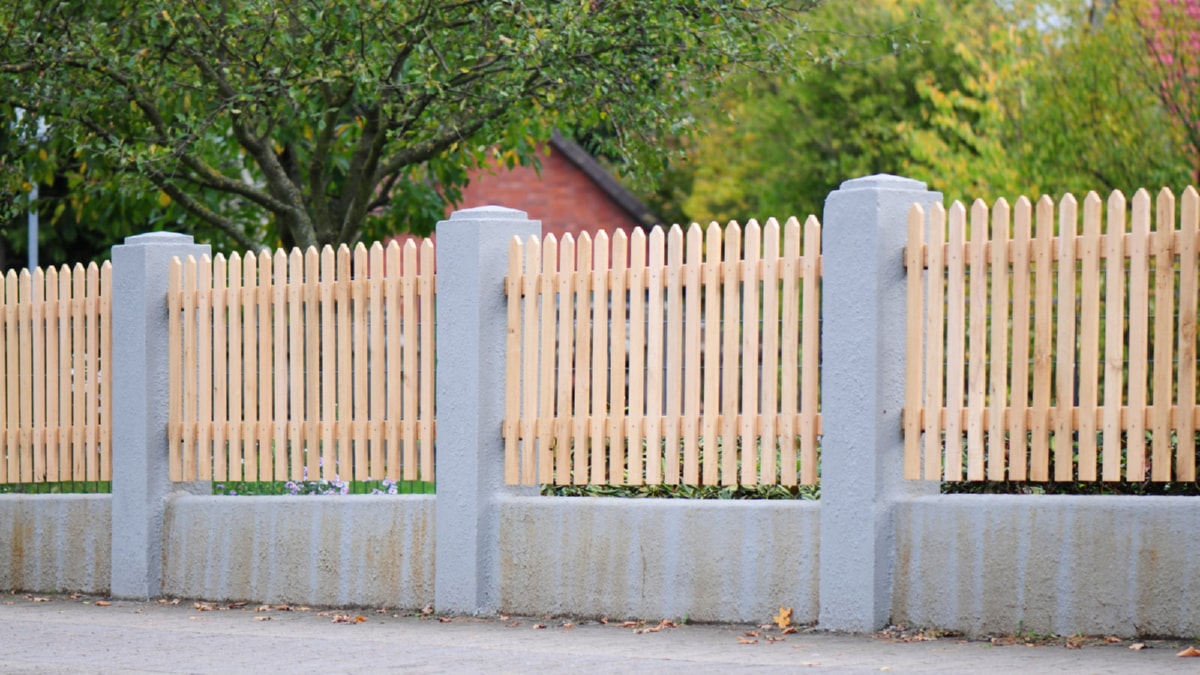Selecting the appropriate construction material is a critical step in any construction project. It not only dictates the quality and longevity of the final structure, but also impacts the cost, sustainability, and safety of the project. In this article, we will explore how to choose the right construction materials for a successful project.
The first aspect to consider is the nature and scope of your project. Are you building a residential property, a commercial building, or an industrial facility? Each of these requires different construction materials with particular properties. For example, while timber might be a good choice for a residential property due to its aesthetic appeal and warmth, steel might be more applicable for an industrial facility due to its resilience and longevity.
Next, consider the climate and environmental conditions of the construction site. Certain materials fare better in specific climates. For instance, brick is ideal for hot climates as it helps keep buildings cool, while timber is better for colder climates due to its insulating properties. In coastal areas, consider using materials that are resistant to corrosion from the sea air like stainless steel or treated wood.
The cost and availability of materials are also crucial factors. While you may want to use the most durable and high-quality materials, it’s essential to balance this with your budget and the materials’ availability in your area. Opting for materials available locally can help reduce costs and carbon footprint.
Lastly, don’t forget about the green aspect and environmental implications of your chosen materials. As the construction industry moves towards more sustainable practices, choosing eco-friendly materials like recycled steel, bamboo, or low-VOC paints is not only good for the environment but can also be a selling point for the finished structure.
In conclusion, the process of choosing the right construction materials involves a careful evaluation of multiple factors including the type of construction, environmental conditions, cost, availability, and sustainability. By considering these aspects, you can ensure that your construction project is not only successful but also sustainable, cost-effective, and durable.
Effective management of a construction site is pivotal to the success of any construction project. It ensures that the project is completed on time, within budget, and to the required quality standards. In the following sections, we will discuss the best practices in construction site management.
One of the key aspects of construction site management is organizing and timing. Before the project commences, a detailed plan outlining the schedule, manpower, and cost should be prepared. This plan should be followed strictly, but it should also be flexible enough to accommodate any unforeseen changes or delays.
Ensuring safety on site is another vital part of construction management. Regular safety audits should be conducted, and all workers should be provided with the necessary protective gear. Any hazards on site should be identified and mitigated promptly.
A major part of managing a construction site is effective communication. All team members should be kept informed about the project’s progress, and any changes or problems should be communicated immediately. This helps to prevent misunderstandings and delays.
In conclusion, effective construction site management requires careful planning, strict safety measures, and clear communication. By following these best practices, you can ensure that your construction project is completed efficiently, safely, and to the highest standards.
.
For more details, check best chimney restoration and rebuild services or visit their business listing here.



